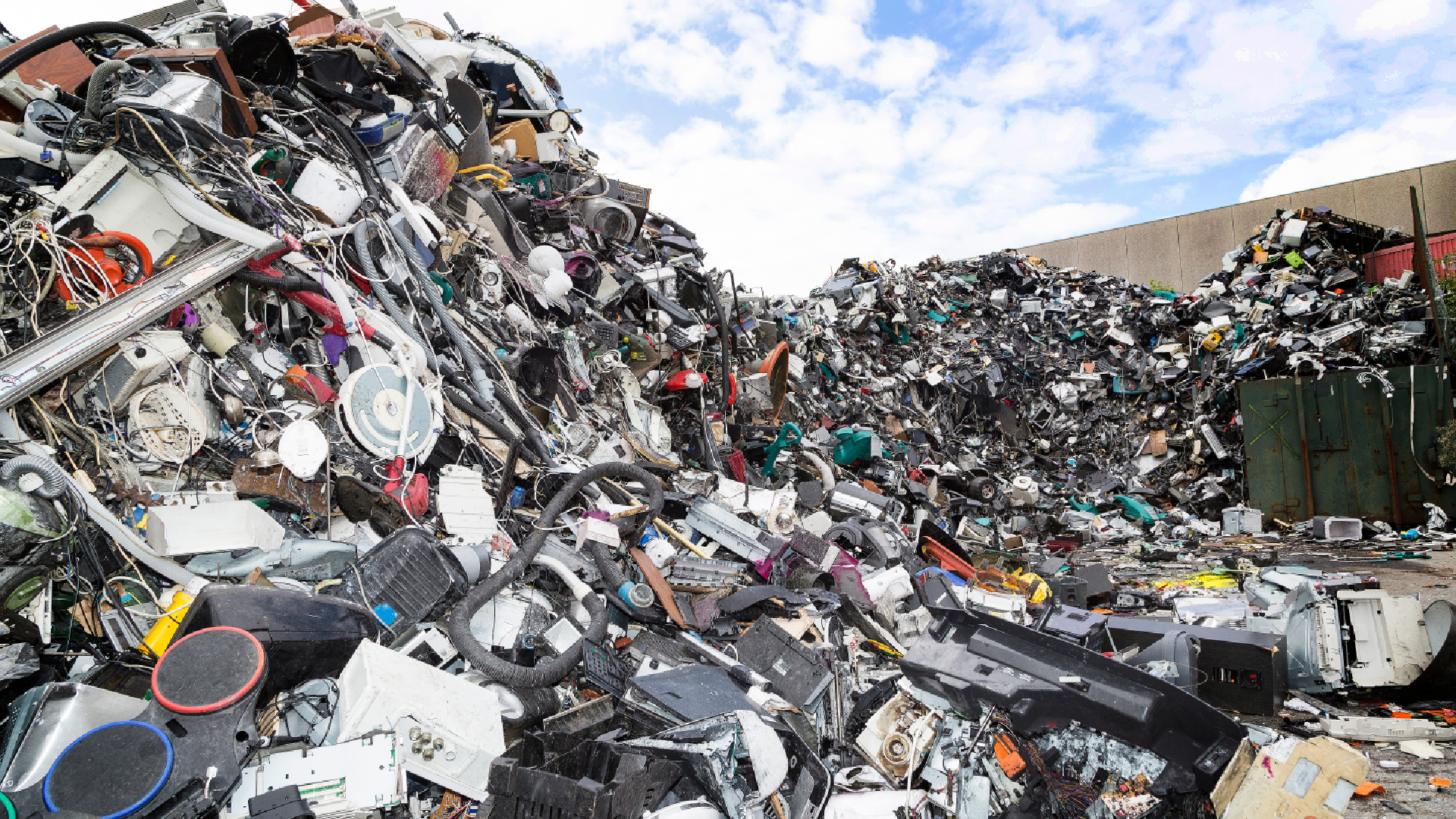The environmental opportunity of unused IPv4s
How IPv4 leasing can reduce the internet’s carbon footprint

How you connect matters. While you may not see, feel, or even care about how your device chooses to connect to the internet, each tiny sliver of energy is just another drop in the ever-expanding bucket that is the internet's energy bill.
Building a sustainable and energy-efficient world-wide-web will require more than just a massive investment in new technologies and digital infrastructure, it will require a shift in how we efficiently manage the resources and protocols we already possess.
The IPv4 shortage and the switch to IPv6
While IPv4 addresses still work just fine, there is one major issue: there are only 4.3 billion unique IPv4 addresses available and all of them have already been allocated. The global supply for IPv4 is exhausted.
Vincentas Grinius is the CEO/Co-founder of IPXO, a fully automated IP address lease & monetization marketplace. He is a vision-driven, forward-thinking IT entrepreneur with deep technical understanding and commercial acumen. Grinius brings more than a decade of experience in founding, developing, funding, and leading successful IT businesses.
In response, IPv6 was created to solve this looming issue and with its whopping 3.4×10^38 unique IP addresses, there’s plenty to go around. IPv6 has many advantages, but IPv6 does have one drawback. It’s not exactly IPv4. IPv4 is still being widely used on older devices and is preferred in some applications over IPv6. The silver lining? A sizable chunk of IPv4 addresses are unused, currently reserved by some of the world’s largest corporations.
This is where IP leasing enters the picture. IP leasing has many commercial and business applications that make it a convenient, sustainable, and affordable option for companies, whose growth depends on access to a sufficient amount of IP addresses. That said, IPv4 leasing can be utilized as not just a tool for convenient growth and for minimizing overhead, it can also be used to reduce a company’s online environmental impact.
IPv4 may consume less power than IPv6
Another advantage of IPv4 is that, in some cases, it may require less power to connect to the Internet than gadgets running on IPv6. In 2017, an individual study was conducted, comparing identical smartphones running on IPv4 and IPv6 respectively. The preliminary results exposed that IPv6 requires roughly 5% more power to run, and while 5% may seem like a small amount, but when multiplied by a billion or two, that number could become a significant energy expenditure.
Although more in-depth testing is needed regarding the matter, facts as such strongly suggest that employing unused IPv4s in lieu of IPv6s could provide tangible results when aiming to reduce energy costs and the overall global power consumption.
Are you a pro? Subscribe to our newsletter
Sign up to the TechRadar Pro newsletter to get all the top news, opinion, features and guidance your business needs to succeed!

Prolonging the lifespan of older tech
Right now, the internet and all of the tech that makes it run are responsible for about 3.7% of global greenhouse gases. That number is predicted to double by 2025 thanks to booming population growth and rapid modernization of the developing world. Though that also doesn’t seem like a large number in the grand scheme of things, it’s close to the amount of emissions produced by the airline industry.
Without a sufficient amount of IP addresses, devices dependent on IPv4 have to intensely compete for available resources, placing additional strain on the network and pushing the idea for older tech to be forced out of service. This forced obsolescence would further spike the number of new IPv6 addresses, likely leading to a rise in emissions brought on by the increasing connections via IPv6, as well as large-scale manufacturing of next-gen devices.
More IPv4s in the market would enable users to keep older devices and gadgets in use and out of landfills a bit longer, which could, if not reduce, at least not inflate the internet’s overall carbon footprint.
IPv4 parking isn’t free
Yes, we’ve run out of new IPv4 addresses, but that doesn’t mean they are all being used. Some large companies that acquired IPv4s in bulk long before the shortage are choosing to keep their unused addresses in reserve. These companies are often unable to sell their unused IPs as they are motivated to keep them in their possession so they will be on hand to eventually facilitate future growth.
The real problem with these dormant IPv4 addresses is that each individual IP still requires power to exist, but that power isn’t being put to any use running data. This essentially useless pool of energy-deficient IPs could be put back to work generating commerce for roughly the same electrical cost.
IP leasing can eliminate this electrical sunk cost, creating a more efficient and sustainable Internet, while also getting IPv4s to smaller companies in more immediate need.
Limiting energy waste with IP leasing
IPv6 is gaining traction in North America and Europe but it is still very far from standard in much of the rest of the world. At the end of the day, connecting IPv4 to IPv6 isn’t the easiest endeavor.
The old and reliable IPv4 isn’t going anywhere anytime soon. In the meantime, combating climate change and building a sustainable future (and the internet) will require the clever and efficient use of all digital resources. IPv4 leasing is one simple and effective way to make a positive environmental impact without a huge upfront investment of money, time, and labor.
By offering eco-conscious companies a planet-friendly option for scaling by repurposing unused IPv4 resources, IP leasing markets are playing an essential role in building a sustainable, efficient, and fair internet.
IPv4 has served the digital landscape admirably for years and, through the use of efficient leasing, will now be able to continue to do so well into the green future.
We've also featured the best IP address tools, best domain registrars and best web hosting services
Vincentas has a long track record and 10+ years of experience combining today’s technologies and making IPXO the first in the market IPv4 lease and monetization platform. The platform brings RIRs, LIRs, and everyone from small to large enterprises together to share the IPv4 resources and to make the Internet much more sustainable, also alleviating the pressures from the IPv4 shortage.